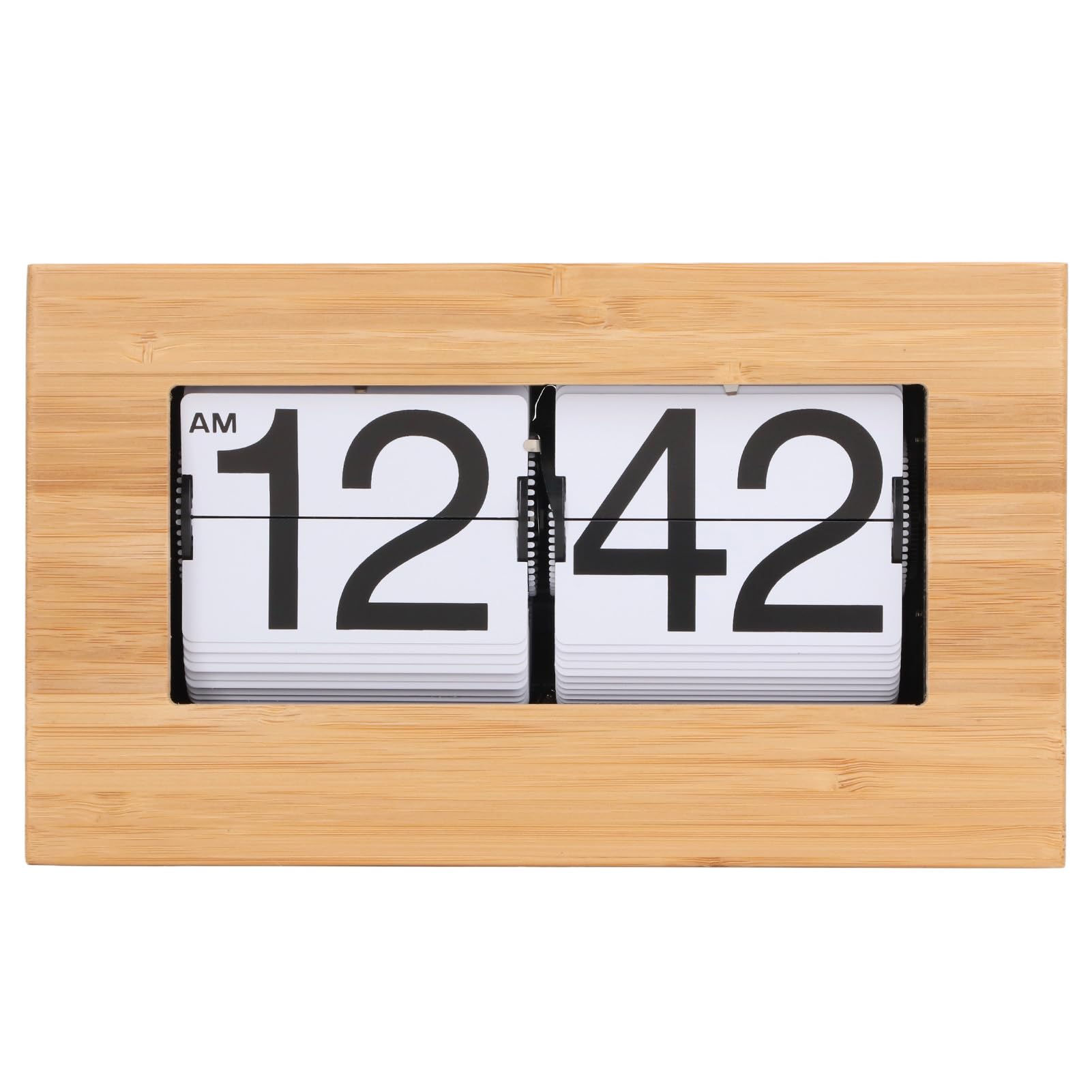The Evolution and Importance of the Clock

Introduction
The clock is more than just a device to tell time; it represents centuries of technological advancements and cultural significance. As societies have evolved, so too has the way we measure and perceive time. In a world that moves at an increasingly rapid pace, understanding the history and relevance of clocks is essential to appreciating our modern lives.
The Origins of Timekeeping
The concept of measuring time dates back to ancient civilisations, where early sundials were used to mark the passage of the sun across the sky. The Egyptians are credited with creating the first known sundial around 1500 BC. However, the development of mechanical clocks in the Middle Ages marked a turning point in timekeeping. The first true mechanical clock was invented in the 13th century, leading to a revolution in how people organised their daily activities.
The Industrial Age and Standard Time
The invention of the pendulum clock in 1656 by Christiaan Huygens significantly improved accuracy, while the Industrial Revolution in the 18th and 19th centuries further underscored the need for precise timekeeping. As trains began to crisscross countries, the establishment of standard time zones became necessary to coordinate schedules effectively. This development prompted the International Meridian Conference in 1884, which established the Greenwich Mean Time (GMT) as the world standard.
The Digital Era
With the advent of the digital age, the way we interact with clocks has dramatically changed. Today, digital clocks and smart devices, such as smartphones and smartwatches, dominate the landscape. These devices not only tell time but also offer functionalities like alarms, timers, and integrations with various applications to enhance productivity. Interestingly, even though the technology has transformed, the fundamental human need to measure time has remained unchanged.
The Cultural Significance of Clocks
Besides their practical use, clocks hold cultural significance. From church bells marking the hour in medieval towns to intricate tower clocks that serve as public landmarks, they reflect societal values and artistic achievements. Clocks have also become a popular motif in literature and art, symbolising the relentless passage of time and the human experience.
Conclusion
The evolution of the clock is a testament to human ingenuity and adaptability. As we advance into the future, the importance of accurate timekeeping will likely remain critical. Understanding the history of this remarkable device not only enriches our perspective on time but also highlights how it influences our daily lives. As we move forward, the integration of clocks into our connected world will continue to shape our experiences and routines.
